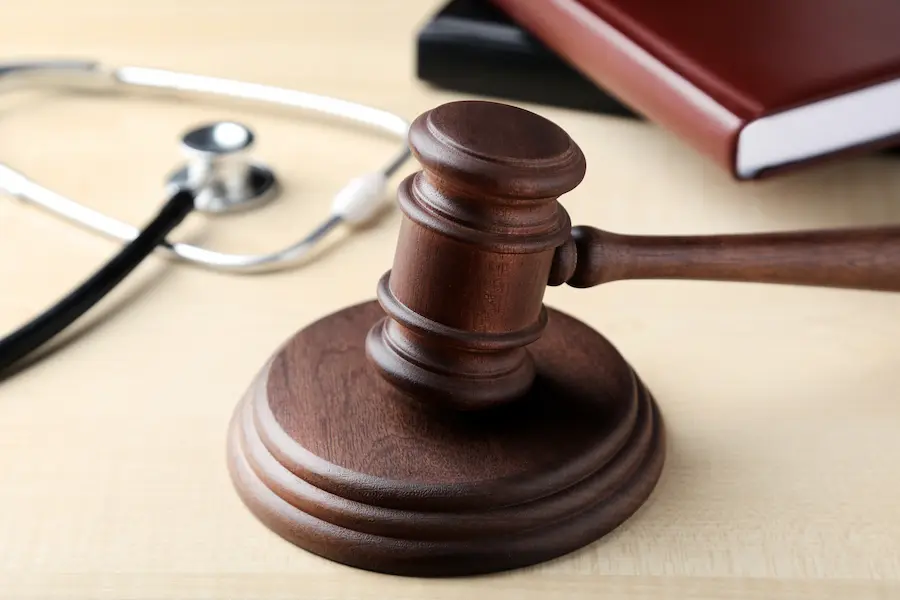Table of Contents
In personal injury cases, the strength of your evidence can make or break your claim. Properly documenting evidence is essential to prove liability and damages, which can significantly impact the outcome of your case. If you’re pursuing a personal injury claim in Mississippi, following these steps will help ensure you have the necessary evidence to support your case.
Start at the Scene: Collect Immediate Evidence
The moments following an accident are crucial for gathering evidence. If you’re able, take the following actions:
- Photographs and Videos: Use your smartphone to capture images and videos of the accident scene. Include wide shots to provide context and close-ups of any specific hazards, property damage, and your injuries. Document any relevant environmental conditions, such as weather or lighting, that could have contributed to the incident.
- Witness Information: Identify and speak with witnesses who saw the accident. Get their names, contact information, and a brief statement of what they observed. Witness testimony can be invaluable in corroborating your account of the incident.
- Personal Notes: As soon as possible, write down your recollection of the accident. Include details like the time, location, events leading up to the incident, and any conversations you had with other parties involved. These notes can help refresh your memory later and provide a clear account of the event.
Seek Medical Attention and Document Injuries
Even if your injuries seem minor, it’s important to seek medical attention immediately. Not only does this ensure you receive necessary treatment, but it also creates a medical record that can be critical evidence in your claim.
- Medical Records: Obtain copies of all medical reports, treatment plans, and bills related to your injury. These documents will help establish the extent of your injuries and the associated costs.
- Photographs of Injuries: Take clear, dated photos of your injuries as soon as possible after the accident. Continue documenting the healing process and any changes over time. This visual evidence can be powerful in demonstrating the impact of the accident on your health.
Document Financial Losses
Personal injury claims often include compensation for financial losses, such as medical expenses, lost wages, and property damage. Keeping detailed records of these losses is crucial.
- Medical Bills and Receipts: Keep all invoices and receipts for medical treatments, medications, rehabilitation, and any other expenses related to your injury.
- Lost Income: Document any time off work due to your injury, including pay stubs, timesheets, and correspondence with your employer. If your injury affects your future earning capacity, an economic expert may need to assess these long-term losses.
- Property Damage: If your personal property was damaged in the accident, such as your vehicle, keep records of repair estimates, receipts, and any correspondence with insurance companies.
Preserve Physical Evidence
Physical evidence can be a key component of your case. Preserve any items related to the incident, such as damaged clothing, personal belongings, or the vehicle involved in a car accident. Do not repair or alter these items without first consulting with your attorney, as they may need to be inspected by experts.
Keep a Pain and Suffering Journal
While financial losses are easier to quantify, pain and suffering are also important elements of a personal injury claim. Keeping a detailed journal of your daily experiences, including pain levels, emotional struggles, and how the injury affects your daily activities, can provide valuable insight into the non-economic impact of the accident.
Consult an Attorney for Guidance
An experienced personal injury attorney can help you understand what evidence is needed and how to gather it effectively. They can also guide you on how to handle interactions with insurance companies and other parties involved in the claim process.
Conclusion
Properly documenting evidence is essential for a successful personal injury claim in Mississippi. By taking immediate action at the accident scene, keeping detailed records of your injuries and financial losses, preserving physical evidence, and consulting with a qualified attorney, you can strengthen your case and improve your chances of securing fair compensation. Remember, thorough documentation not only supports your claim but also helps ensure that your rights are protected throughout the legal process.

